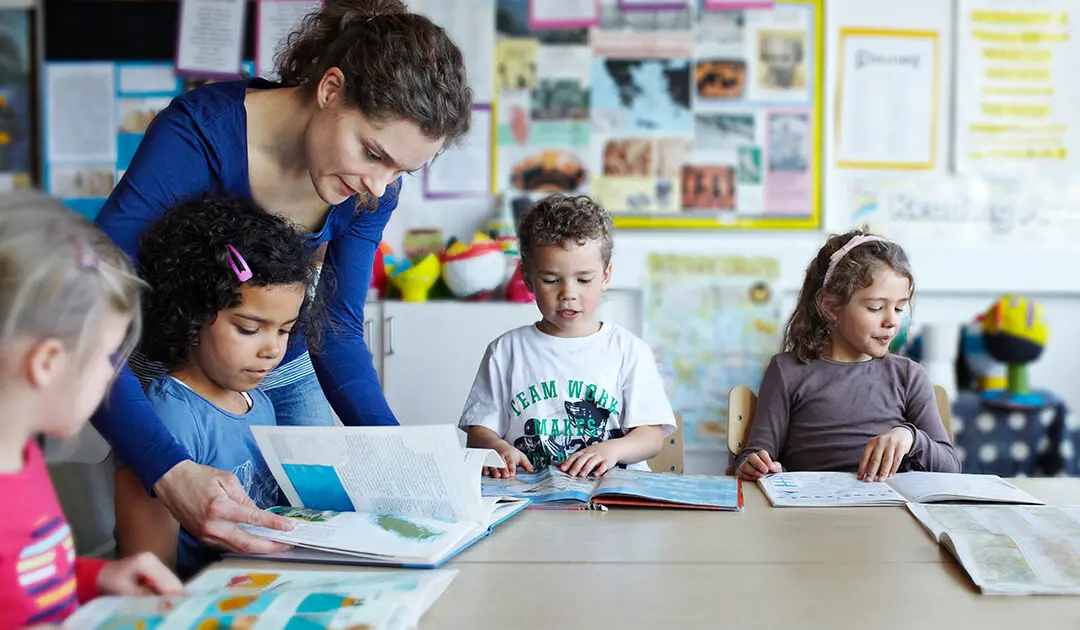How Teachers Can Help Students Be Successful

Crisis Prevention Institute’s programs for educators help foster positive student outcomes while promoting a safe learning environment. Beyond our training however, there are additional ways you can help students experience success. This blog examines six ways teachers can help students be successful throughout the school year.
Lead by Example
Even children know that actions speak louder than words. When surveyed about issues like aggression and bullying, kids revealed that they’re more inclined to choose prosocial behaviors when the adults in their life model that behavior. When it comes to your students, it’s important to remember that behavior impacts behavior. The way you interact with your students and fellow teachers will influence the types of behaviors your students choose.
Model kindness and care, and your students will follow suit.
Seek to be Restorative
A restorative approach gives students the opportunity to develop the behaviors that improve their likelihood of success. When you—as a teacher—provide students the ability to develop values and shared agreements, you’re fostering restorative practices and improving student engagement. Through that constructive engagement in the classroom community, students hold themselves accountable and relationships are strengthened.
Support Inclusion
An inclusive environment is created by integrating students with special education needs within mainstream classrooms. Creating that environment requires more than a coordinated effort amongst you and your fellow teachers; educating your students on what the integration process involves fosters better peer relationships between children, regardless of ability. Mainstream students learn about tolerance, acceptance, and teamwork, while the students who are integrating are more motivated to socially engage, complete tasks, and contribute to the classroom.
Teach Emotional Self-Regulation
Emotional self-regulation is the ability to monitor and manage one’s own behavior. It is something we develop over time, and as teachers, you may encounter students who have not yet learned to manage their emotions and stressors. Just as we would with any development delay, it is important to address these emotional challenges. Taking a collaborative approach with the key adults in a child’s life provide the consistency needed for children to learn self-regulation. As Educator Leah Kuypers points out, “It’s profound for the student to be able to move between contexts and environments and amongst different people supporting them, and hear the same language, that the visuals are there, that the environment is embracing them and setting them up for success.”
Take a Trauma-Sensitive Approach
Prior to the COVID-19 pandemic, nearly half of all students had experienced some form of trauma. Add in the trauma associated with a pandemic learning environment, and it’s not hard to understand why some students are not equipped to make the most of their instruction time. A trauma-sensitive, person-centered perspective helps meet students where they are at, so that they can successfully get where they need to go.
Know that We All Have a Part to Play
It’s important to remember that all adults play a significant role in cultivating a society in which children can grow and thrive. Along with the steps above, advocating for training that empowers staff and improves the quality of direct instruction time is another way you can foster positive student outcomes and help your students be more successful throughout the school year.
Schedule a Consultation
Learn how CPI’s training programs can benefit your organization.
Let's Connect